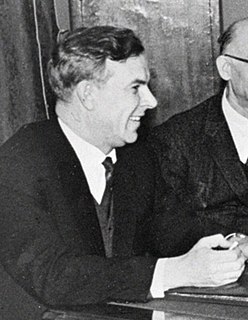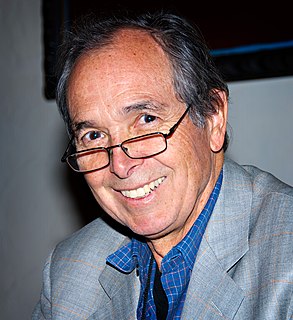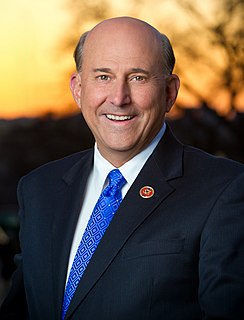A Quote by Alistair Horne
Over the past years, I have lectured many times on the Cuban missile crisis, most provocatively to 200 senior officers of the former Soviet army in Moscow in 1991, among them KGB generals. There, my knowledge of Penkovsky's role was thoroughly confirmed, and so was the Soviet military men's residual sense of humiliation at Khrushchev's 'blink'.
Related Quotes
KGB was inseparable part of the Soviet Union and the whole structure of the Soviet society. We believe that the achievements of the Soviet Union and of the Soviet society, it's main achievements until the split in 1991, it was at the same time the main achievements of the KGB, because it was working for the same cause.
In your deliberations, when seeking to determine the military conditions, let them be made the basis of a comparison, in this wise: which of the two generals has the most ability? on which side is Discipline most rigorously enforced? which army is stronger? on which side are the officers and men more highly trained? in which army is there the greater constancy both in reward and punishment?
When [Vladimir] Putin, a former lieutenant-colonel in the KGB, became Russia's president on December 31, 1999 - eight years after the failed coup attempt against (then Soviet leader Mikhail) Gorbachev, and eight years after the people had torn down the statue of Felix Dzerzhinsky, the hated founder of the KGB, in Moscow - it was admittedly a shock. Nevertheless, I decided to give Putin a chance. He seemed dynamic and capable of learning. But I had to bury my hopes after just a few months. He proved to be an autocrat - and, because the West let him do as he pleased, he became a dictator.
In an ironic sense, Karl Marx was right. We are witnessing today a great revolutionary crisis, a crisis where the demands of the economic order are conflicting directly with those of the political order. But the crisis is happening not in the . . . West, but in the home of Marxism-Leninism, the Soviet Union. It is the Soviet Union that runs against the tide of history by denying human freedom and human dignity to its citizens.






































